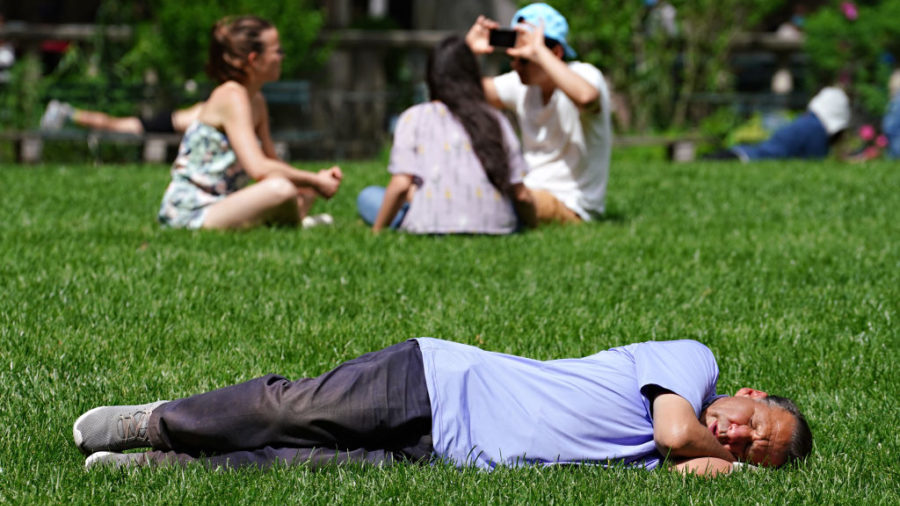
Is there a specific time when you should be going to sleep?
The latest research on heart disease actually puts a number on the best time to fall asleep, and concludes that too much sleep is just as bad as too little sleep.
“This was really interesting and something that I’ve never seen before. It’s unique in that it looked at what is the optimal time to go to bed. It was actually a pretty large study — it was done in the United Kingdom,” Dr. Cohen said. “And in the United Kingdom, they have something called the UK Biobank. The study actually had 88,026 people, so that’s a lot of people.”
It was done over a five year period from 2006-2010. Dr. Cohen explains that they didn’t ask when people went to bed and when they woke up and use self-reporting, but rather had people wear an accelerometer for a week that looked at their activity so they could tell when they went to bed and when they were getting up.
“Then they adjusted for the typical things that you would think about — like age, sex, sleep duration, sleep irregularity, smoking status, body mass index, diabetes, blood pressure, and socio-economic status,” he said. “By controlling all of these things, they were able analyze one specific factor, which was what time did you go to sleep?”
The study found that the best time to go to sleep was between 10 and 10:59 p.m.
“During the period of time of the study, there was actually 3,172 participants — or 3.6% of the people — who developed cardio-vascular disease. The incidence was actually highest in those who with sleep times of midnight or later, and lowest in those who had sleep times between 10 and 10:59.”
“The other thing that I thought was even more interesting was that they found that if people went to bed too early, like 9 o’clock, that was actually worse,” he added.
But that has to assume a wake time, doesn’t it? For example, Dave Ross wakes up around 3:45 a.m.
“You’re right, it does. But they try to control for these variables, … one of which was sleep duration,” Cohen said. “… Now, it’s an observational study so it’s very hard to draw a lot of conclusions — you can only draw speculations. But what they speculated was that our bodies have a circadian rhythm, and it’s our biological clock, and it’s sort of set, and if you do things that violate the biological clock that it has adverse effects.”
This was already known to be true, Cohen explained. It’s known that people who work night shifts have higher incidences of obesity, hypertension, and heart disease.
“So we know that if we affect the biological clock that way, it can be problematic,” he noted. “But this was looking for is there an exact time within our circadian rhythm, within our biological clock that was the time to go to sleep. And they apparently have answered this question.”
How to deal with inevitable fatigue you’ll feel after Daylight Saving Time
Dr. Cohen did note that while the study involved a lot of people, it’s still just one study and needs to be looked at further and repeated.
“But it does sort of raise an interesting question: Is there an ideal time to go to sleep? And if there is, it’s between 10 and 11,” Cohen said.
The findings in this study doesn’t show causality, meaning that if you go to bed before 10 p.m. or after 11 p.m. that it causes heart disease, but rather what they’re saying is that sleep timing is a potential cardiac risk factor that is independent of other risk factors or other sleep characteristics.
Listen to Seattle’s Morning News weekday mornings from 5 – 9 a.m. on KIRO Radio, 97.3 FM. Subscribe to the podcast here.
"time" - Google News
November 28, 2021 at 02:54AM
https://ift.tt/3CU9djL
Study determines the ideal time to sleep based on biological clock - MyNorthwest.com
"time" - Google News
https://ift.tt/3f5iuuC
Shoes Man Tutorial
Pos News Update
Meme Update
Korean Entertainment News
Japan News Update
Bagikan Berita Ini














0 Response to "Study determines the ideal time to sleep based on biological clock - MyNorthwest.com"
Post a Comment